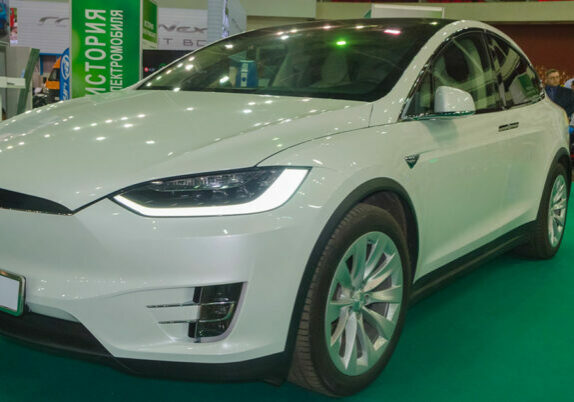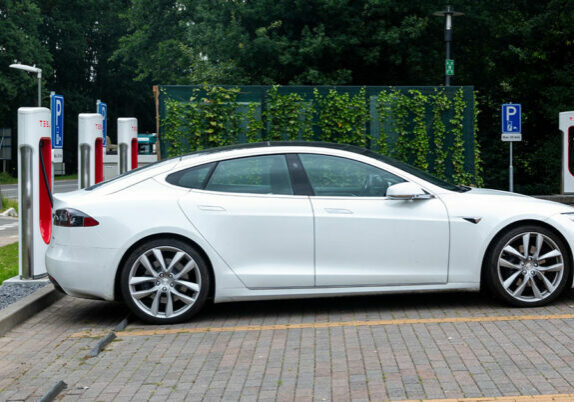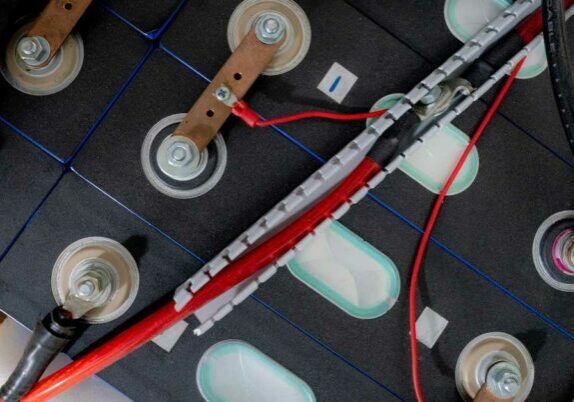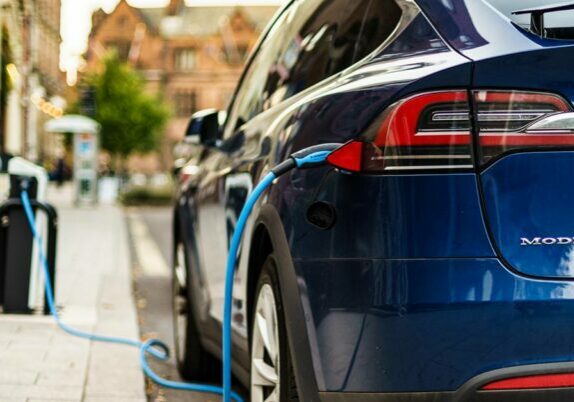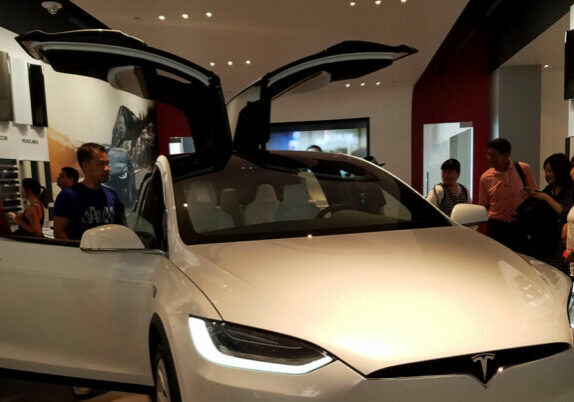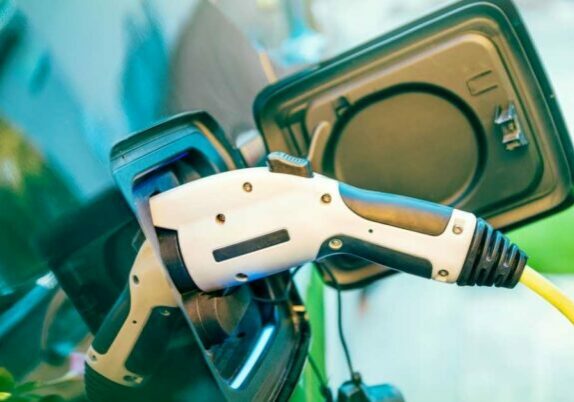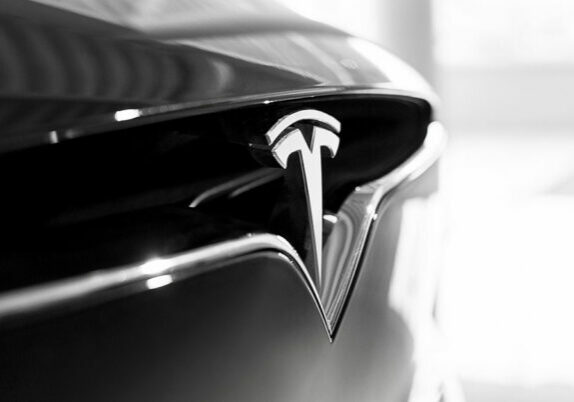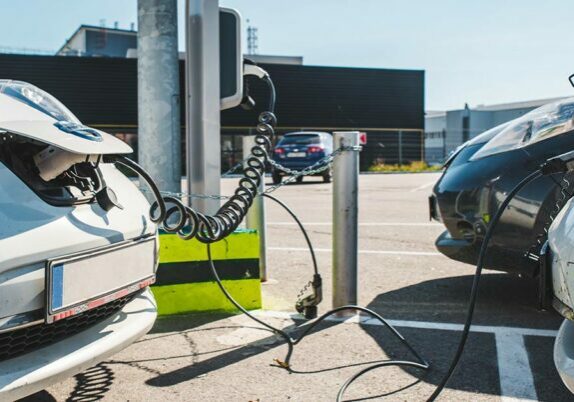Are you considering purchasing an electric vehicle but pondering the question, “What do electric car batteries cost?” It’s a valid concern, as EV batteries can degrade over time and use, leading to decreased range and performance. So, at some point, you could end up replacing the battery.
The good news is that battery replacement cost has been coming down with the increasing popularity of electric vehicles. Several resources are also available to help you monitor your battery health and find discounted replacement options.
This article will provide information on the cost of replacing electric car batteries for various models and factors that affect battery degradation and replacement.
With this information, you can make an informed decision about purchasing an electric vehicle and prepare for potential battery replacement costs.
How Much Does an Electric Car Battery Cost To Replace?
Based on real-world examples, replacement costs for popular EV models range from $7000 to $25,000 to replace a battery (including labor cost).
Current Automotive published an invoice showing a battery replacement cost for a Tesla Model 3. This invoice showed the cost of $16,550.
Find My Electric provided details of the cost to replace a battery for a Nissan Leaf. The older models were fairly cheap but they are inefficient batteries. They estimate the newer 60 kWh pack would cost between $10,000 to $15,000. Slightly below the Tesla Model 3 but in the same price range.
Battery Monitoring to Avoid Replacement
By watching your EV battery’s health, you can prevent the need for expensive replacement. Regular battery maintenance is crucial in prolonging battery life and avoiding battery degradation factors such as extreme temperatures, overcharging, and deep discharging.
Additionally, proper battery storage during long periods of non-use and following manufacturer recommendations can also help extend the life of your EV battery. It’s also important to know your EV battery’s warranty and any safety concerns related to battery disposal or recycling.
Some manufacturers offer warranties that cover battery replacement within a specific time frame or mileage limit, so keeping track of these details is important. Proper disposal and recycling of EV batteries are also crucial for safety and environmental reasons.
How Long Do Electric Car Batteries Last?
Suppose you’re curious about the lifespan of your EV battery. In that case, it’s important to know that factors such as temperature, usage habits, and maintenance can all play a role in determining how long your battery will last.
On average, most EV batteries will last between 8-10 years or around 100,000 miles, but this can vary greatly depending on how you use and care for your battery.
Extreme temperatures, both hot and cold, can have a negative impact on battery lifespan, so it’s important to park your EV in a garage or shaded area whenever possible. Additionally, your driving habits can also impact battery health.
Frequent fast charging and driving at high speeds can lead to speedier battery degradation, so it’s best to limit these habits if possible.
To ensure your battery lasts as long as possible, following battery maintenance tips such as avoiding extreme battery levels, limiting fast charging, and preheating your car while it’s plugged in is crucial.
You can also monitor your battery health using battery health monitoring tools and take advantage of aftermarket battery options or battery recycling programs when it comes time for a replacement.
Summing It All Up
So, you’re thinking of buying an electric car. You’ve weighed the pros and cons, and you’re sold on the environmental benefits and potential cost savings. But what about the cost of replacing the battery? It’s a valid concern, as EV batteries can degrade over time and use.
After reading this article, you now know that the battery replacement cost varies depending on the make and model of the car. If you had to replace a newer model battery, you can expect to be in that $15,000 range. However, we can see that older batteries are cheaper and 5-10 years, there’s a good chance this cost will be lower.

